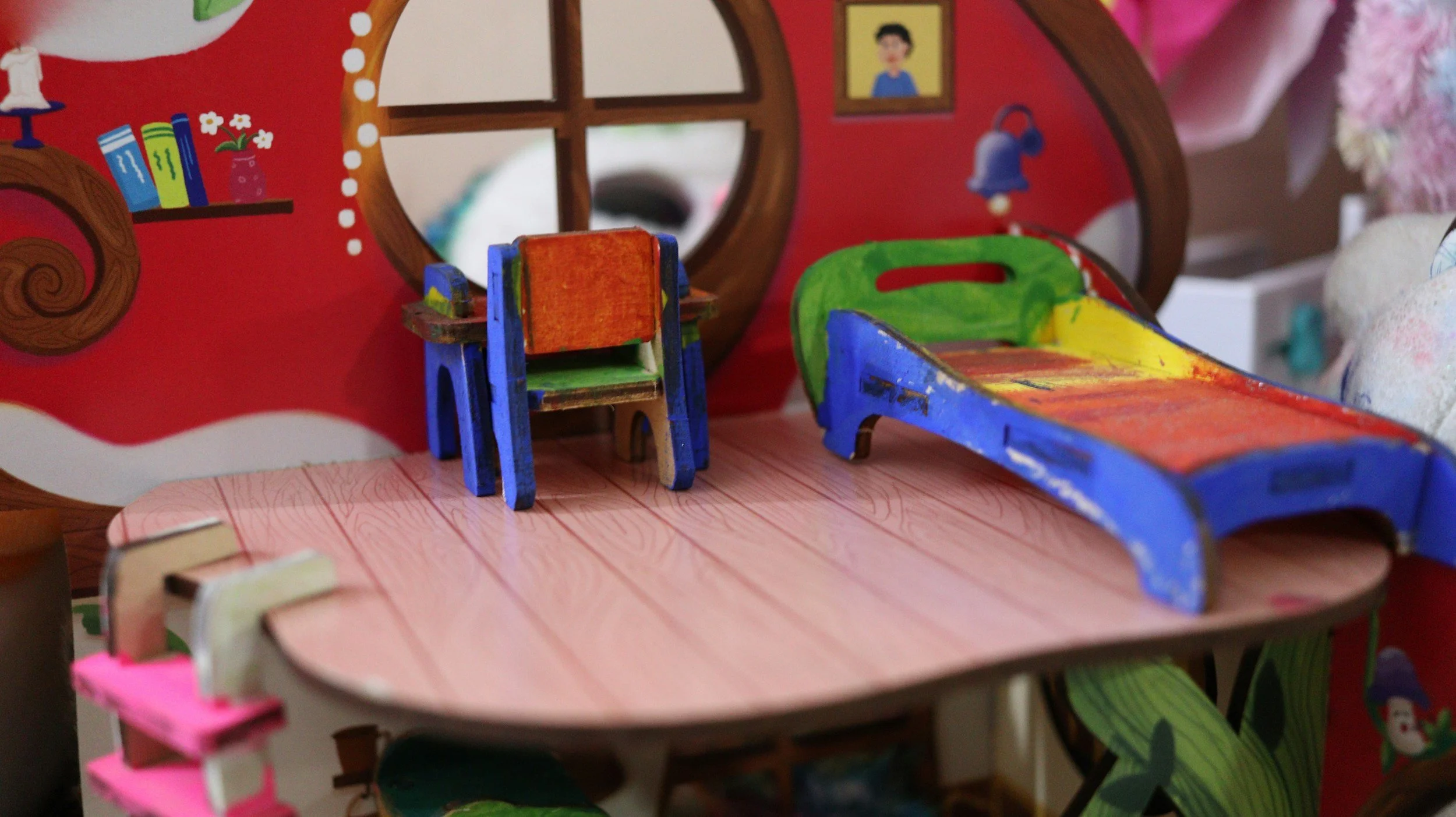What is Play Therapy?
-
Play is a child's natural language, and play therapy allows children to express themselves, their feelings, thoughts, and experiences through play, much like adults use words in talk therapy. Play therapy is a therapeutic process where a therapist uses a child’s natural form of communication to address and resolve a wide range of social, emotional, and behavioral issues.
Children may struggle to articulate their feelings verbally, especially when navigating life changes, anxiety, emotional dysregulation or other challenges. Play therapy provides a safe and non-threatening environment for children to explore and process these emotions and experiences, helping them make sense of the world and develop coping skills.
-
Play therapy sessions involve the child in a playroom with the therapist, using a variety of materials such as dolls, puppets, sand trays, art supplies, and games. The therapist observes the child's play, noticing themes, choices of toys, and how they interact to gain insights into their emotional world. Play therapists may be directive, guiding the play towards specific goals, or non-directive, allowing the child to lead the session and explore at their own pace. The therapist also helps the child understand connections between their play and real-life experiences, and encourages healthier coping mechanisms.
Caregiver involvement is an important part of play therapy. The therapist will conduct an initial interview with parents or caregivers to gather information about the child and establish goals for therapy. Regular caregiver consultations provide updates on the child's progress, insights into their behavior, and strategies to support them at home. Caregivers may also participate in sessions directly depending on the child’s needs.
-
Through play therapy your child can develop better communication and social skills, learn to identify, express and manage emotions in healthy ways, develop creative solutions to problems and become more confident in their abilities. Play therapy also supports caregivers with parenting skills, facilitates child/caregiver connection and healthy relationships with others.
Frequently Asked Questions
-
It is best practice in my work with children to provide weekly sessions and support. This supports the relationship and allows for monitoring of progress/symptoms. Some of these sessions will be caregiver only.
-
Yes! Sessions are structured around developmental, emotional and relational needs. Depending on your child’s needs and comfort we may have sessions together, separately or a combination of the two. Caregiver only sessions will occur regularly throughout treatment.
-
My priority is the comfort of you and your child. During our initial consultation and/or intake we can explore what will be helpful for your child to feel safe and confident.
-
With the age range I serve it is best to meet in person to allow relationship building, expression of emotions through play and to reduce distractions. I offer caregiver sessions via telehealth and provide occasional telehealth sessions if needed due to health or other limitations.
-
Medication management requires someone with specific medical training, I recommend speaking with your pediatrician about the resources available to you.
-
It is not within the scope of my training or practice to make recommendations regarding custody, parenting plans or visitation arrangements. Details are outlined in my policies.

